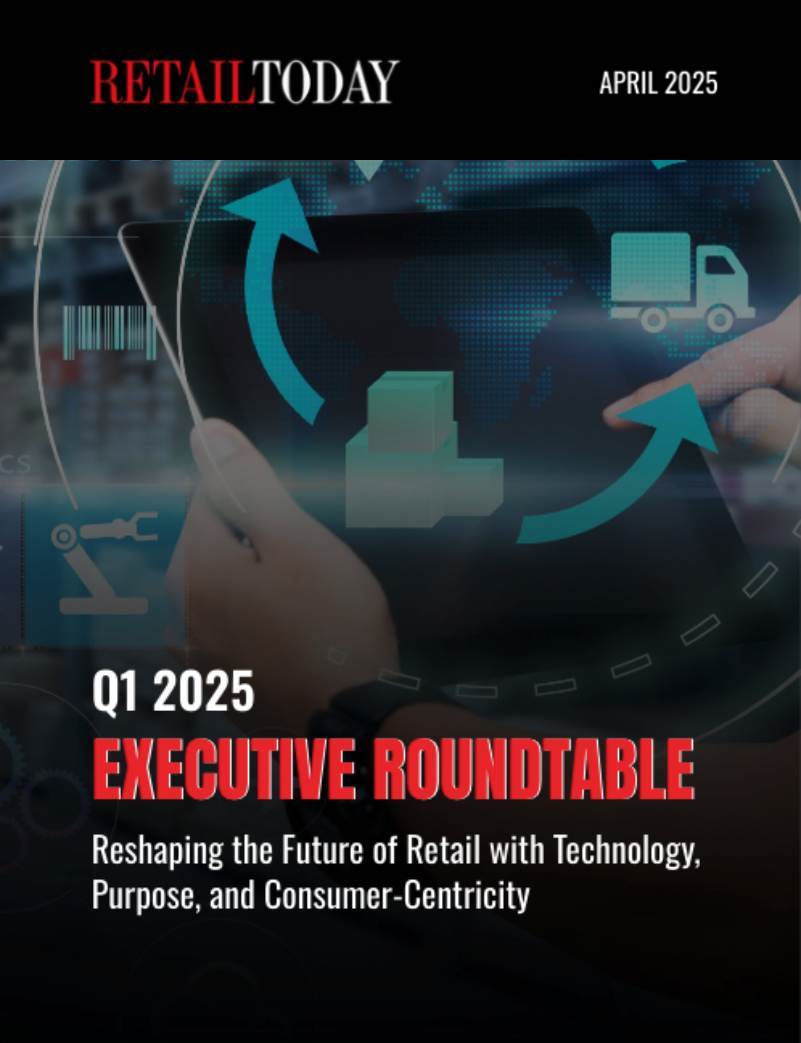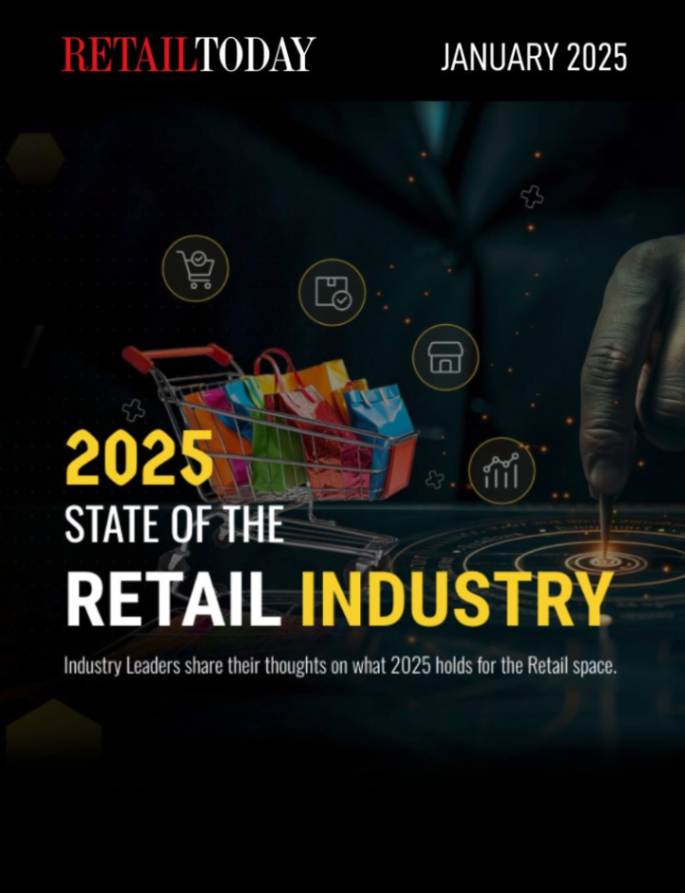
It’s no secret that generative AI (gen AI) is disrupting the retail industry. From reshaping the customer experience through AI-guided product personalization features to increasing shopper touchpoints to bring patrons to their dream products, the e-commerce industry has no shortage of ways to capitalize on this new technology.
E-commerce platforms are eager to implement generative AI in multiple business functions. And through this excitement, retailers are unafraid to spare expenses, with 40% of firms increasing overall AI investments.
Yet, as time and money are poured into these ventures, retailers cannot turn a blind eye to maintaining the safety and trust of their consumers. Trust is the cornerstone for every purchasing decision, and generative AI can compromise the foundation of a loyal consumer base, ultimately impacting a retailer’s bottom line.
Already, 70% of shoppers say that the widespread presence of AI-generated content, like deepfakes, is impacting their trust in what they see and read online. As retailers flock to implement the latest and greatest generative AI tools, they also must invest in tools and teams that maintain the safety and confidence of their customers.
Trust fuels consumer shopping, but generative AI can break it
Much user-generated content on retail sites, like product reviews, can now be created by generative AI. On the extreme end, there are even deepfakes of Chinese influencers livestreaming 24/7, leaving shoppers to wonder what’s real and what’s not.
While retailers implement these changes to drive sales, gen AI content can come across as disingenuous, which is a tipping point that breaks a shopper’s confidence. Almost 80% of Americans don’t trust businesses to use AI responsibly, and consumer distrust has costly ramifications for brands.
Over 80% of shoppers consider trust a deciding factor in their buying decisions; if that faith is broken, some will stop shopping altogether. Simply put, businesses that treat consumer trust as a critical investment will reap the benefits. Trusted companies outperform their peers by up to 400% in terms of market value, so retailers must prioritize consumer belief the same way they prioritize implementing innovative technology.
Safeguarding consumer trust through education and protective solutions
To maintain consumer faith, retailers need to take a multifaceted approach. Protecting shoppers from harmful or disingenuous AI content requires honesty. Consumers should be made aware when generative AI is being used on retail sites. Businesses should view themselves as liable for the limitations and potential risks of the gen AI content they produce or host on their site.
Even just knowing the business is taking active steps to protect them increases consumer confidence in a brand and allows them to feel safer to continue shopping.
More so, it’s important to implement robust content review and moderation technology to ensure all areas of the retail site adhere to platform guidelines. This tech will protect businesses and shoppers from harmful content from the get-go, further establishing consumer faith.
The future is consumer trust-centric
The role of generative AI in retail will only grow, and simultaneously, so will the importance of consumer trust.
Almost three-fourths (70%) of individuals believe it’s a platform’s responsibility to detect and remove AI-generated content. As businesses invest time and resources into this new tech, they cannot overlook the solutions that protect consumer faith. Otherwise, they might find themselves with new features but no loyal shopper base to use them.
Joshua Buxbaum is the Co-founder and Chief Growth Officer at WebPurify. With over 17 years of expertise in trust and safety, he fuels WebPurify’s hands-on approach to client relations with a strong commitment to customer satisfaction. He works closely with professionals across numerous industries, helping them maintain a stellar brand reputation and take responsibility for keeping kids safe online. Buxbaum graduated from The George Washington University with a degree in communications. He is a board member and active volunteer for United in Harmony, a nonprofit serving homeless children in Los Angeles.






